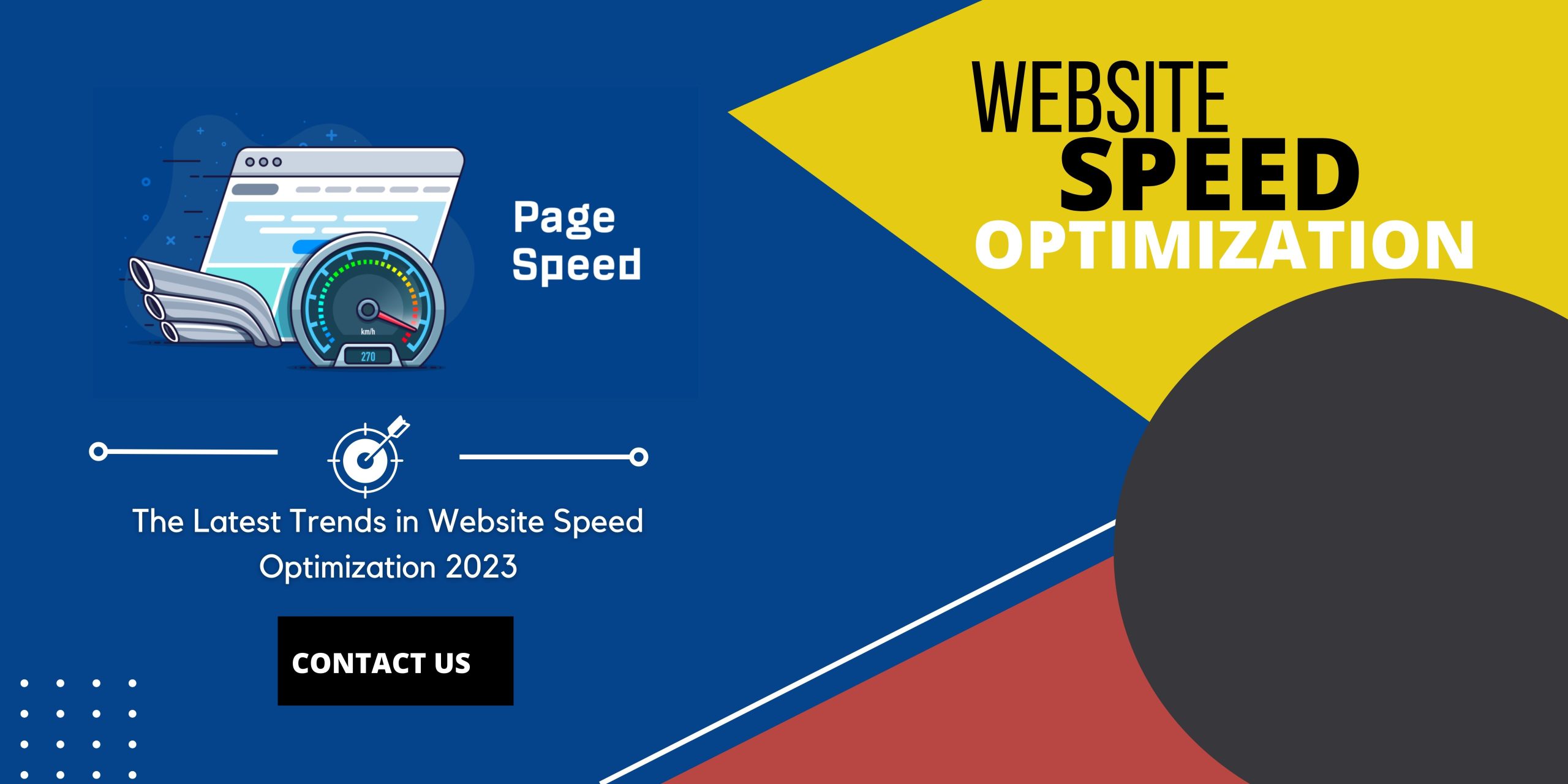Introduction
In today’s digital world, where people are used to instant gratification, website speed is more important than ever. A slow-loading website can lead to lost visitors, decreased conversions, and a negative impact on your bottom line.
That’s why staying up-to-date on the latest trends in website speed optimization is important. Here are a few of the most important trends to watch in 2023
- The rise of AI and machine learning. AI and machine learning are being used to develop new techniques for optimizing website speed. These techniques can help identify and fix bottlenecks slowing down your website.
- The importance of mobile speed. More and more people are using their smartphones and tablets to access the internet. This means it’s more important than ever to ensure your website loads quickly on mobile devices.
- The use of CDNs. CDNs (content delivery networks) deliver your website’s files from servers closer to visitors. This can help to improve website loading speed for visitors all over the world.
- The adoption of HTTP/3. HTTP/3 is the latest HTTP protocol version, which can significantly improve website loading speed. If your website is not yet using HTTP/3, consider upgrading.
- The focus on performance. In 2023, we’ll see a continued focus on website performance. This means website owners will look for ways to optimize their websites for speed and performance.
- A discussion of the impact of website speed on SEO. Google has stated that website speed is a ranking factor, so it’s essential to ensure your website is fast to improve your SEO rankings.
- A case study of a website that has successfully implemented website speed optimization techniques. This helps illustrate the benefits of website speed optimization for your readers.
- A list of resources for further information on website speed optimization. This could include links to articles, blog posts, and tools to help your readers learn more about website speed optimization.
Critical Findings on Website Load Time and User Behavior
- A study by Google highlighted the significant impact of a 1-second delay in website load time, showcasing a 7% decrease in conversions. Akamai’s research found that 53% of mobile users abandon websites taking more than 3 seconds to load. Uptrends’ 2022 study reported an average website load time of 10.3 seconds, emphasizing the need for faster loading to meet evolving user standards.
Case Studies
- HubSpot: HubSpot is a leading marketing software company. They improved their website loading speed by 25% by optimizing their images, minifying their CSS and JavaScript files, and using a CDN.
- Amazon: Amazon is one of the largest online retailers in the world. They improved their website loading speed by 30% using a CDN and optimizing their images.
- Netflix: Netflix is a leading streaming service. They improved their website loading speed by 15% by minifying their CSS and JavaScript files and using a caching plugin.
Conclusion
In today’s digital world, where people are used to instant gratification, website speed is more important than ever. A slow-loading website can lead to lost visitors, decreased conversions, and a negative impact on your bottom line.
That’s why it’s important to optimize your website speed. By following the tips and techniques in this blog post, you can ensure that your website is fast and responsive, improving the user experience and boosting your bottom line. Contact us today!
Frequently Ask Questions
Q1: What is website speed optimization?
A: Website speed optimization is the process of making your website load faster. This can be done by several techniques, such as optimizing your images, minifying your CSS and JavaScript files, using a caching plugin, and avoiding render-blocking scripts.
Q2: Why is website speed optimization important?
A: Website speed is essential for several reasons. First, it can improve the user experience. When a website loads quickly, users are likelier to stay on and interact with the page. Second, website speed can impact your SEO rankings. Google has stated that website speed is a ranking factor, so if your website could be faster, it may rank better in search results. Third, website speed can affect your conversion rates. Studies have shown that a 1-second delay in website load time can lead to a 7% decrease in conversions.
Q3: How can I optimize my website speed?
A: You can do several things to optimize your website speed. Here are a few tips:
- Optimize your images. Images are one of the most significant contributors to website load times. Compress and resize your images to reduce their file size.
- Minify your CSS and JavaScript files. This will reduce the file size of your CSS and JavaScript files, which can improve loading speed.
- Use a caching plugin. A caching plugin can store static files on your server, speeding up page load times for returning visitors.
- Avoid render-blocking scripts. These scripts block your page’s rendering until they have finished loading. Use asynchronous loading to load these scripts in the background.
- Use a CDN. A CDN will serve your website’s files from servers that are closer to your visitors, which can improve loading speed.


